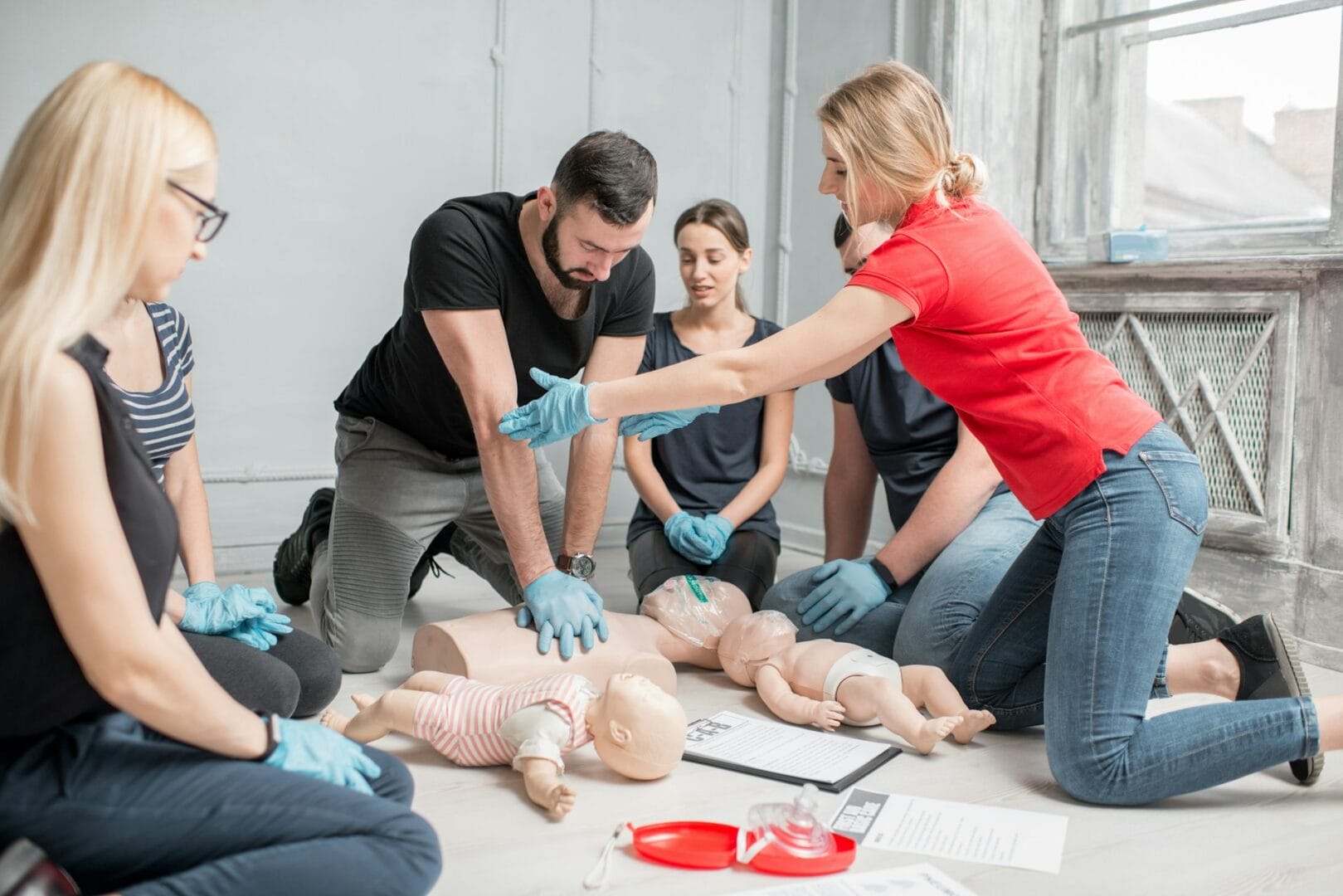Training new caregivers is a key part of making sure that care recipients feel safe and well-supported at home. A well-structured training program prepares caregivers to handle a wide range of situations, from everyday activities to unexpected challenges. But let’s be honest, training isn’t always a walk in the park. Mistakes can happen, and it’s important to be aware of them to ensure a smoother learning process.
Consider a family in Roswell, GA, looking after a loved one with unique health needs. They might not realize how crucial it is to cater training specifically to those needs, leading to gaps in care. This article highlights common pitfalls in caregiver training and offers pointers to make the process more effective and personal.
Ignoring Individual Care Needs
One of the biggest mistakes in caregiver training is not tailoring the program to the specific needs of the care recipient. Every person is unique, with different health conditions and personal requirements. Overlooking these differences can result in inadequate care and a caregiver unprepared for specific challenges.
Consider these points to tailor training:
– Assess Health Conditions: Start by understanding the care recipient’s medical background. Different conditions require different approaches. For example, caring for someone with dementia involves specialized communication techniques, while someone with mobility issues might need physical assistance training.
– Identify Daily Routine Needs: Look at the recipient’s daily routines. Are there specific activities where they need help, like dressing or medication management? Tailor the program to focus on these regular tasks.
– Incorporate Personal Preferences: Recognizing personal preferences in routines and care approaches is also important. Does the individual prefer certain activities or routines? Make sure the training includes these elements to keep their comfort in mind.
The benefits of individualized training are immense. Tailoring the program ensures caregivers are better equipped, leading to improved confidence and quality of care. This approach not only addresses the immediate needs of care recipients but also strengthens the caregiver’s capacity to adapt as those needs change.
Inadequate Hands-On Practice
While theory is important in caregiver training, practice builds confidence and competence. Imagine trying to ride a bike after only reading how to do it. Without hands-on practice, caregivers might feel uncertain in real-life scenarios, which can affect the quality of care they provide.
Here are some ways to increase practical experience:
– Simulated Exercises: Use role-playing scenarios to mimic situations a caregiver might face. This allows for handling various tasks like feeding, bathing, or assisting someone with mobility equipment, in a safe and controlled environment.
– Real-World Observations: Pair new caregivers with experienced ones to observe daily routines and learn best practices in real-time. Watching and participating under supervision can enhance their skills significantly.
– Feedback Sessions: Follow up practical exercises with feedback. Constructive criticism helps caregivers refine their techniques and boosts their confidence in providing care.
Caregivers who experience rich, hands-on training are much more prepared and less anxious when faced with new challenges. This practical component is key to ensuring they can handle the responsibilities of their role efficiently.
Overlooking Emotional Support Training
Caregiving isn’t solely about physical tasks. Emotional support is a huge part of the job. When training skips this aspect, caregivers might struggle to connect with the care recipient, potentially leaving them isolated or frustrated.
Think about times you’ve leaned on someone emotionally; it makes a big difference, right? Care recipients often need that emotional anchoring too:
– Active Listening: Encourage caregivers to practice listening without interrupting, allowing the care recipient to express feelings and concerns.
– Compassionate Communication: Teach caregivers how to communicate gently and empathetically. Simple phrases like “I understand” can go a long way.
– Empathy Exercises: Engage in activities that enhance understanding and empathy, helping caregivers see things from the recipient’s perspective.
Highlighting emotional support in training ensures care recipients feel understood and valued. This leads to better relationships between caregiver and care recipient, promoting a nurturing environment.
Skipping Continuous Education
The learning journey for caregivers should never really stop. Health care constantly evolves, and caregivers need to stay updated to provide the best possible support. Relying on a one-time training session keeps caregivers from learning new skills that could greatly improve the care they offer.
Consider incorporating these strategies to encourage ongoing learning:
– Workshops and Seminars: Regularly schedule sessions where caregivers can learn about the latest techniques, tools, and care methods in their field.
– Online Courses: Provide access to digital training platforms offering flexible learning options for advanced care techniques and updates.
– Peer Learning: Encourage knowledge sharing within teams. This can be through regular team meetings to discuss experiences and learn from each other’s successes and challenges.
By prioritizing ongoing education, caregivers can continually improve, facing new challenges with confidence and skill.
Looking Ahead to Successful Caregiver Training
In conclusion, ensuring that caregiver training addresses individual needs, emphasizes practical experience, nurtures emotional support skills, and stays updated through continuous education forms a well-rounded foundation. This comprehensive approach not only benefits caregivers but also enhances care quality for recipients.
Training caregivers with these elements in mind fosters a more confident, adaptable, and emotionally aware workforce ready to provide the best possible care. As practices evolve, maintaining these principles will remain central to building a trusted and effective caregiving team.
Ready to elevate your skills with innovative caregiver training? DuMonde Management & Consulting offers comprehensive programs designed to keep you updated and efficient in an ever-evolving home care landscape. Learn more by exploring our caregiver training resource.



